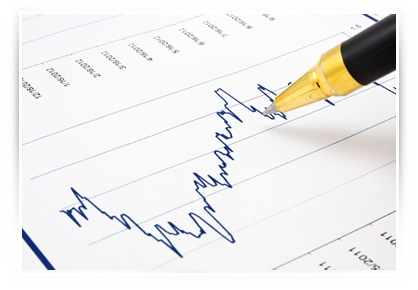We are spending less
The South African Reserve Bank's quarterly bulletin shows that we have the lowest level of consumer spending in South Africa since the recession ended in 2009. Growth in retail sales figures have fallen for the last four months due to lower consumption spending and this is having a knock on effect into the economy. Unfortunately the fall in consumers spending is not because we have all developed a sense of frugality but because we have literally run out of money:
No work no pay: There are just not enough jobs to absorb the new entrants into the work place. Latest figures show that formal employment remains at 49 000 jobs below the previous peak prior to the global financial market crisis. Unfortunately it is unlikely we will see new jobs created soon, especially after the first quarter GDP figures shocked the market, coming in at a paltry 0.9%. The country continues to face serious problems such as an education system largely unable to produce skilled workers and a labour market which does not do much to encourage employment creation.
Costs of living rise: The above inflation salary increases we have previously experienced are coming to an end while the cost of living keeps rising, along with higher electricity and petrol costs as well as education and medical expenses. These are all costs households cannot avoid so the only option is to cut back on discretionary spending - hence weaker retail sales. In addition, the depreciation of the rand will lead to import inflation, including food and petrol inflation, jumping significantly. This means that household's discretionary income will just keep growing smaller.
We have less credit
Although the impact of higher costs and high unemployment has been around for a while, consumers were able to maintain their spending habits through taking on more debt. That easy credit cycle appears to be over.
In the past few months the growth in unsecured credit has slowed dramatically and has reached the lowest level of growth since 2009. Our total debt to annual household income is now at 75% and unlikely to rise further.
No rate hike - yet
With the deterioration in the rand we will see inflation increase, however with such weak growth from the economy and poor job creation prospects the Reserve Bank is unlikely to increase interest rates which is at least some good news for embattled consumers – although not for savers.

